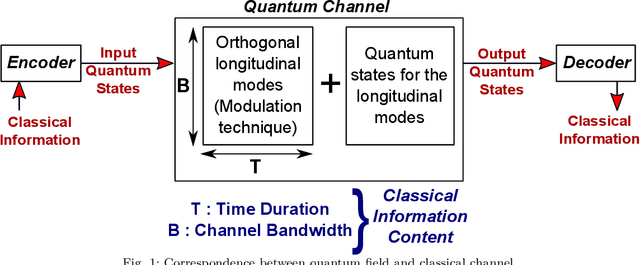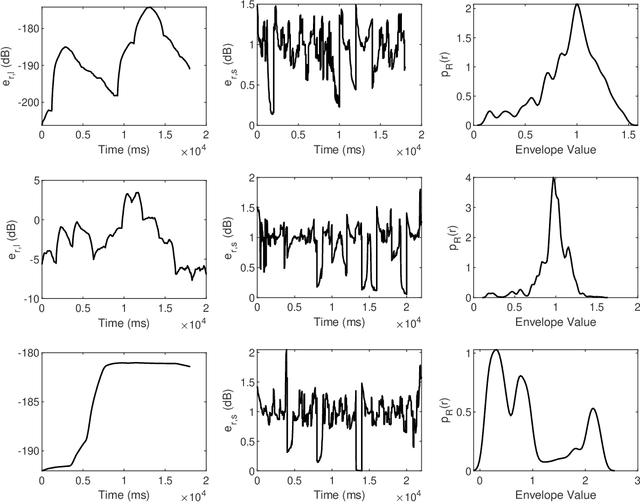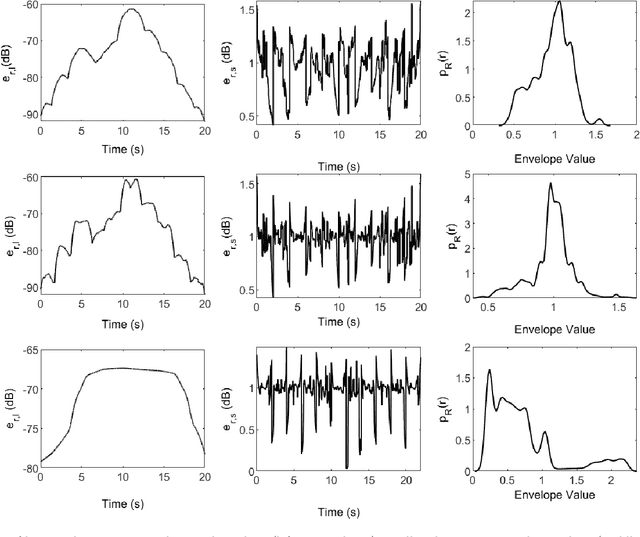Simon L. Cotton
Hybrid OTFS/OFDM Design in Massive MIMO
Aug 28, 2024



Abstract:We consider a downlink (DL) massive multiple-input multiple-output (MIMO) system, where different users have different mobility profiles. To support this system, we categorize the users into two disjoint groups according to their mobility profile and implement a hybrid orthogonal time frequency space (OTFS)/orthogonal frequency division multiplexing (OFDM) modulation scheme. Building upon this framework, two precoding designs, namely full-pilot zero-forcing (FZF) precoding and partial zero-forcing (PZF) precoding are considered. To shed light on the system performance, the spectral efficiency (SE) with a minimum-mean-square-error (MMSE)-successive interference cancellation (SIC) detector is investigated. Closed-form expressions for the SE are obtained using some tight mathematical approximations. To improve fairness among different users, we consider max-min power control for both precoding schemes based on the closed-form SE expression. However, by noting the large performance gap for different groups of users with PZF precoding, the per-user SE will be compromised when pursuing overall fairness. Therefore, we propose a weighted max-min power control scheme. By introducing a weighting coefficient, the trade-off between the per-user performance and fairness can be enhanced. Our numerical results confirm the theoretical analysis and reveal that with mobility-based grouping, the proposed hybrid OTFS/OFDM modulation significantly outperforms the conventional OFDM modulation for high-mobility users.
Modelling Quantum Channels Carrying Classical Information
Dec 05, 2021


Abstract:We use the concept of coupled quantum harmonic oscillators to model the propagation environment in which a quantum link carrying either classical or quantum information operates. Using the analogy between the paraxial optical wave equation and the stationary Schrodinger equation and applying the Caldirola-Kanai Hamiltonian for solving the time-dependent Schrodinger equation; we calculate the propagation field strength and the corresponding average received signal energy.
 Add to Chrome
Add to Chrome Add to Firefox
Add to Firefox Add to Edge
Add to Edge